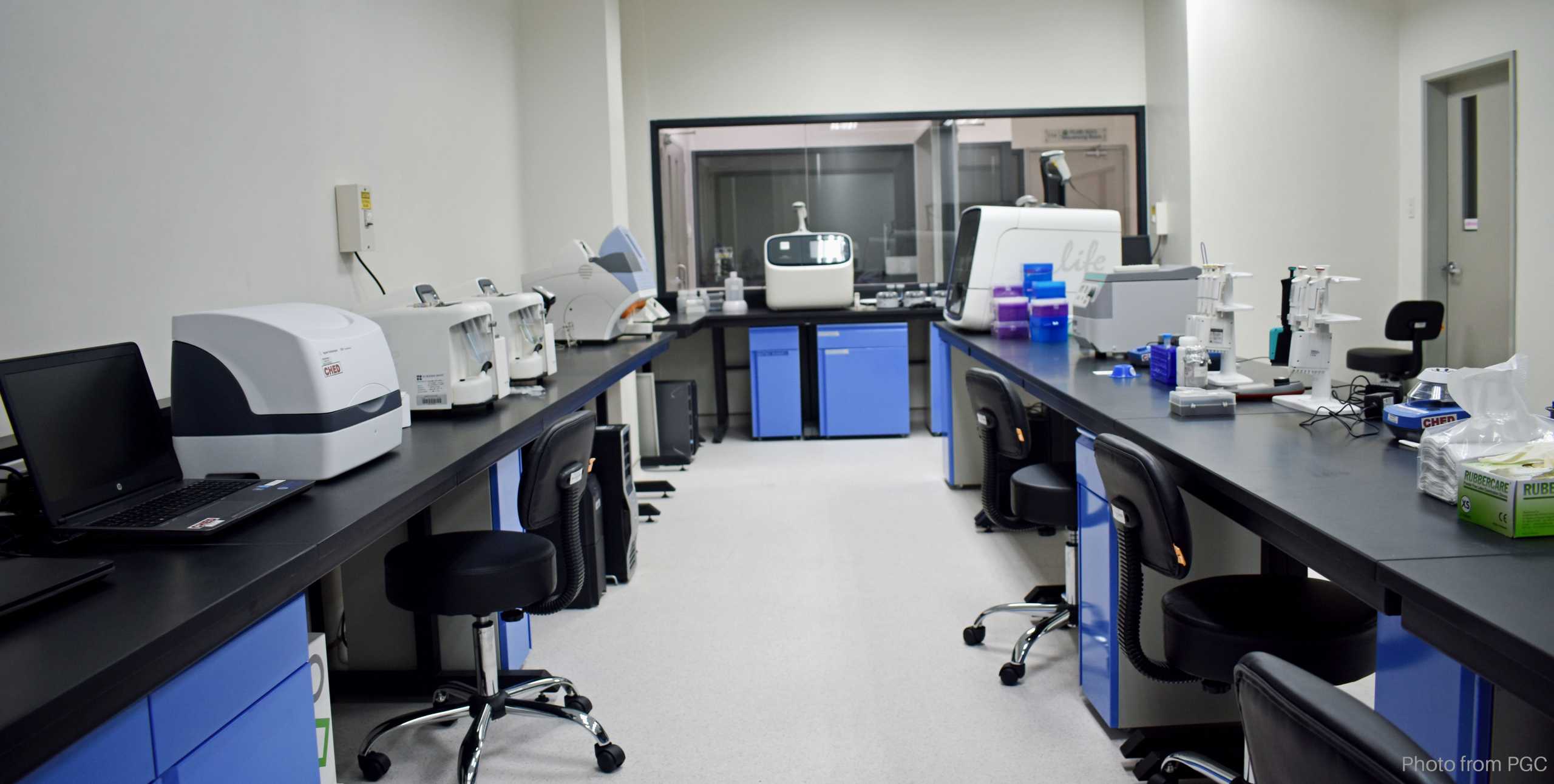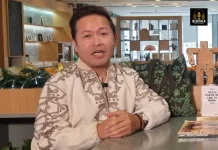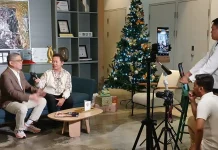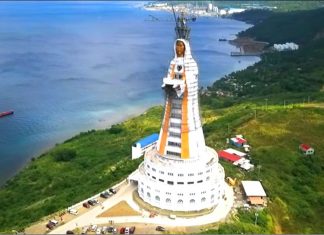
University of the Philippines National Institutes of Health (UP NIH) clinician-scientist Raul Destura revealed Tuesday that a test kit for the novel coronavirus (nCoV) has been developed locally and is ready for release next week.
Dr. Destura, a biotechnology researcher of the UP NIH in UP Manila, announced the availability of the test kit for use to identify if a person is positive for the virus during the Senate inquiry about the novel coronavirus on February 4, 2020.
“This was developed two weeks ago immediately after they released the whole genome sequence of the virus,” Destura told the Philippine legislators present at the session.
“Hopefully by next week, it would be ready for the DOH to verify and validate before they give their recommendation for use in the country,” Destura said.
The country’s Research Institute for Tropical Medicine (RITM) has been screening samples from suspected cases of nCoV infection then sends samples to Australia for confirmatory tests with the process taking 24 hours plus the travel time.
The Department of Health reported that the agency is also currently using RNA primers imported from Japan for confirmatory tests.
The World Health Organization meantime has also tasked several research groups to create rapid diagnostic test kits and estimates the completion in 10 days at which point they will be providing test kits to the Philippines.
Dr. Destura and his team funded by the Department of Science and Technology had previously created a rapid diagnostic kit for dengue confirmatory testing of infection in the first 0-5 days of illness. It is 94% specific with sensitivity of 87% and results would be known in an hour or less. The device, known as the Lab-in-a-Mug or the Biotek M Dengue Kit released by the startup company Manila HealthTek, is designed to be used in hospitals or clinics with minimal laboratory facilities. The test kit has passed the ASEAN panel of experts for use in the region.
The Philippine Genome Center based in UP Diliman had earlier committed to use their Next Generation DNA/RNA Sequencing equipment (NGS), through the team of the DNA Sequencing Core Facility (DSCF), to assist RITM and the DOH in confirming suspected cases of 2019-Novel Coronavirus (2019-nCoV) in the country.
Filipino scientists and researchers have also turned up more innovative ways to diagnose and deal with pathogens including the genomics-based tracer study of Salmonella transmission from the UP Diliman Natural Sciences Research Institute and the London School of Hygiene and Tropical Medicine, the low-cost portable rapid detection device for infections from the multi-university project led by UP Los Banos and Brunei University London, and the enhanced surveillance of malaria project from the Philippines’ Research Institute for Tropical Medicine and the London School of Hygiene and Tropical Medicine – all three were finalists in the 2020 Newton Prize for the Philippines.
Cooperation between DOST and Filipino scientists, doctors and inventors are producing greats results that not only benefit Filipinos but the rest of the world as well. Among these innovations are the world’s first dengue cure, medicines for hypertension, gout, and other ailments.
Meantime, since there are still no known cures or vaccines against the novel coronavirus, people are advised to boost their immune system and health with Malunggay (Momoringa) and Coconut Oil, and to practice proper hygiene like handwashing.
SEND CHEERS in the comments below to Filipino scientists for their innovations that bring much-needed help to the people!
Want to know how to be a Proud Pinoy? Like, Follow, Subscribe to GoodNewsPilipinas.com and our socials Facebook, Twitter, Instagram, Good News Pilipinas! TV on YouTube, for new story notifications and e-mail newsletters for updates on more Filipino Pride stories.










